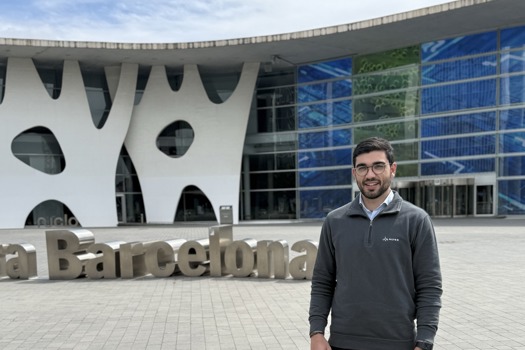The Komori, which runs at 16,000sph and has a makeready of 30 minutes, was installed at the carton and label manufacturer's Kings Lynn, Norfolk, site in March and has been commissioned in low-migration mode with inks from Stehlin Hostag.
It replaces an existing Komori and will sit alongside another Komori machine at the site.
The move means that CPC now segregates its raw materials and press controls for low-migration printing, in compliance with EU legislation that came into force in August 2008.
The issue of low migration is now high on the agenda of ink and board suppliers, carton converters and food manufacturers alike. Many customers want to switch to low-migration cartons in an attempt to improve food safety standards.
Chris Dew, CPC general manager, said the commission regulation states that "any materials or articles that come into contact with food should not alter properties of that food large enough to endanger human health".
He added: "There has been uncertainty about the implementation on the European directive in the supply chain. We are all trying to ensure good manufacturing practice is well defined for different combinations of inks, substrates and foodstuffs, as well as factoring such things as functional barriers, food packing conditions and shelf life.
"The key is ensuring risk assessment is carried out to assess the right solution."
Dew said he believed that £34m-turnover CPC was one of the first in the UK to commission a press in this way.
"I saw it as opportunity to get ahead of the market change and primarily ensure that we satisfy the legislation for a large part of our customer base. All converters who supply direct food contact packaging will have to quickly assess the risks for themselves," he explained.









